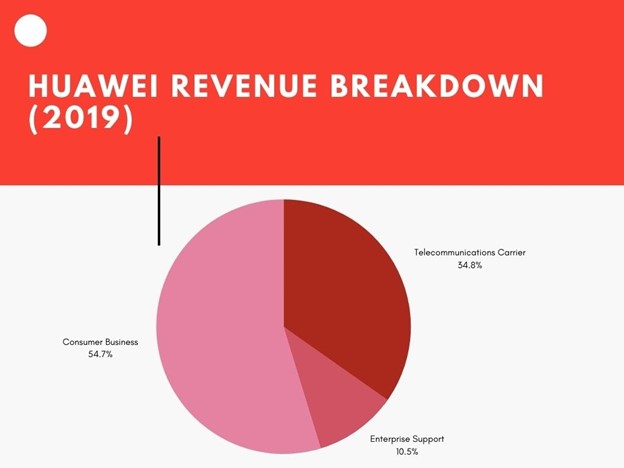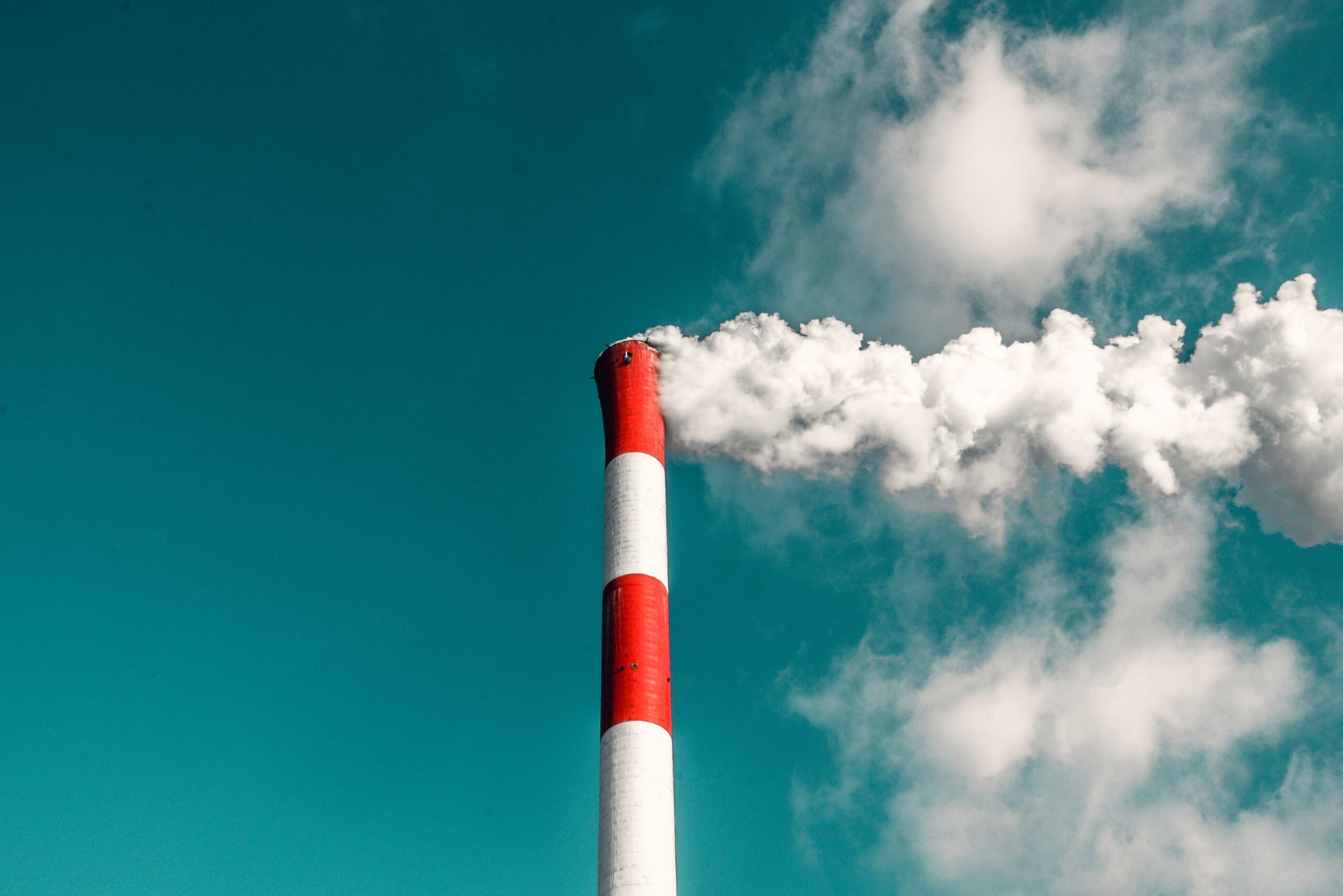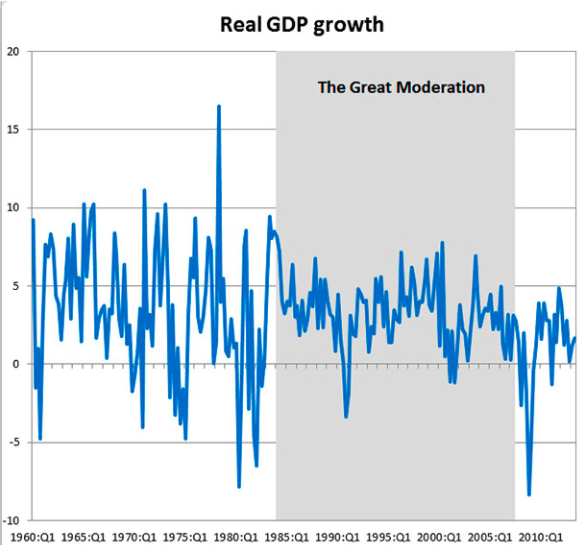
Platzspitz Park: The Key to the Opioid Crisis?
By: Trevor Jones Heroin users at Platzspitz Park, June 1990 Drug use, especially the opioid crisis, is one of the most prominent public health issues in the United States today. According to drugabuse.gov, a government-run site detailing the data about drug abuse in the United States, over 47,000 people die every year due to opioid overdose. The same webpage also states that 1,700,000 American citizens suffer from prescription opioid-related substance abuse disorders, as well as 652,000 with a heroin use disorder. While there is potential for these latter two statistics to overlap, the magnitude of these numbers is still alarming.…








